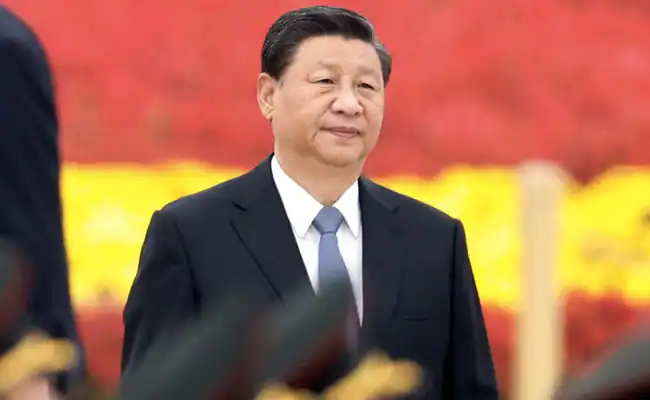China considers Central and Eastern Europe as part of its sphere of influence on the European continent. From Beijing’s perspective, the region’s position at the doorstep of the European Union makes it uniquely attractive.
Valerio Fabbri, writing in Portal Plus, a Slovenian publication said that China’s interests in Central and Eastern Europe (CEE) countries are all underpinned by three broad adjectives and motivations: pushing Chinese exports and investments, exerting political influence in Europe, and, finally, fostering a positive image of China and relations with China.
The Chinese push in CEE comes amid recent events prompted by Russia’s continuing “special military operations” in Ukraine and the US re-evaluating its relations with China in the larger context of its global policy.a
Moreover, the Chinese assessed that Sino-US relations have moved from “competition-cooperation” to “competition-conflict”, said Fabbri.
Meanwhile, CEE continues to distance itself away from Beijing under the current security considerations. They have started to become wary of foreign powers including China. This has led to a slowing down of implementation of China’s Belt and Road Initiative (BRI) projects in CEE countries, reported Portal Plus.
Sensing unease in the attitude of CEE governments, China sent two special delegations to 10 CEE countries. One delegation, led by Ma Keqing, former Chinese Ambassador to Finland and the Czech Republic, visited Greece and Albania, while another delegation, headed by Huo Yuzhen, PRC Special Envoy to CEE, visited the Czech Republic, Slovakia, Hungary, Croatia, Slovenia, Estonia, Latvia and Poland.
However, several CEE countries did not attach much importance to these delegations and instead deputed lower-level officials to hold discussions with the visitors.
The most disappointing response came from Poland where the Chinese delegation could not even meet officials of the Polish Foreign Ministry.
China had forged the 17+1 Initiative to enhance its penetration into the European region, but its failure to convert investment promises into actual investment has dented the progress of the grouping, said Fabbri.
The 17+1 initiative is a China-led format founded in 2012 in Budapest with an aim to expand cooperation between Beijing and the Central and Eastern European (CEE) member countries, with investments and trade for the development of the CEE region.
The initiative includes twelve EU member states and five Balkan states — Albania, Bosnia and Herzegovina, Bulgaria, Croatia, Czech Republic, Estonia, Greece, Hungary, Latvia, Lithuania, Macedonia, Montenegro, Poland, Romania, Serbia, Slovakia and Slovenia.
However, Lithuania pulled out of the 17+1 mechanism. The ’17 plus one’ format became a divisive forum; it was supposed to act as Europe’s one strong voice.
Tensions between China and Lithuania have been building up over a number of issues: Lithuania’s new ties with Taiwan, its Parliament’s resolution on Uyghurs, and then Chinese sanctions on Lithuanian and EU politicians.
China has also decided to impose entry bans and sanctions against some European politicians and academics, and that has had an impact on EU-China relations.
This year marks the tenth founding anniversary of the “17+1 initiative”, but most of the CEE countries have not shown enthusiasm for celebrating the landmark year. Furthermore, Beijing could not even find a single CEE country willing to host the annual summit.
Baltic countries – Estonia, Latvia and Lithuania, Czech Republic and Poland have taken a pronounced pro-West line. Also, the EU filed a case in the WTO accusing Beijing of engaging in discriminatory practices are signs that China perhaps needs to tweak its strategy in CEE countries.
Besides, right-wing populism in most of the CEE countries has fuelled a more aggressive anti-China policy, said Fabbri.
China’s narrative towards the 17+1 initiative is about improving its relations with the European countries that are less developed as compared to the Western European states. However, the platform is largely seen as an extension of China’s flagship Belt and Road initiative.

